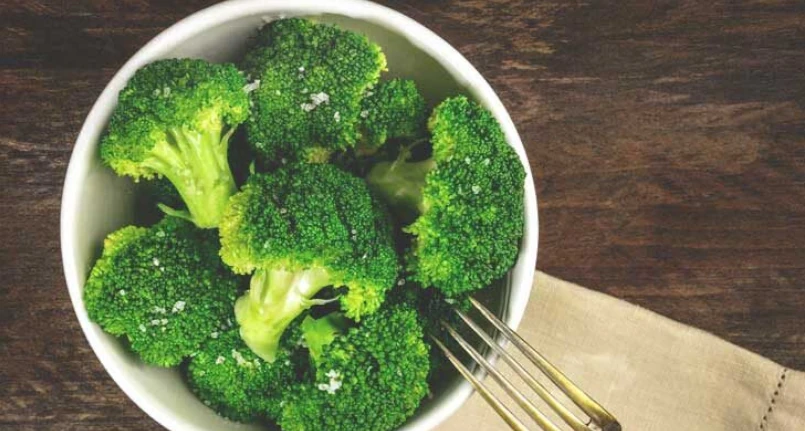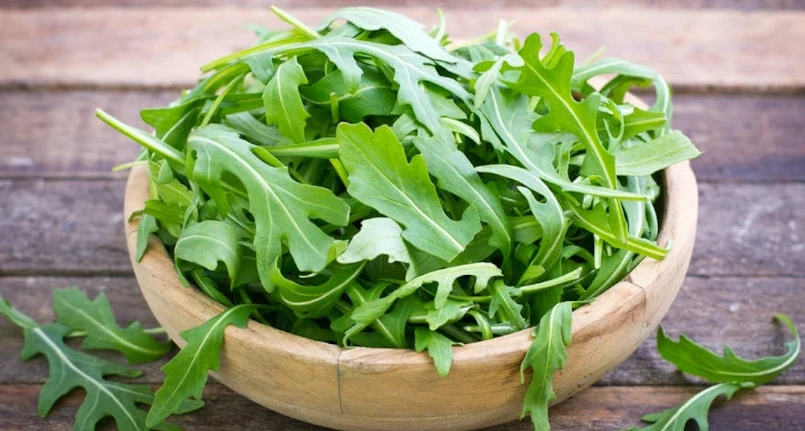Introduction
What should be the constituent basis of a diet that has preventive power against cancer ? The World Fund for Research on Cancer gives, as the first recommendation that goes into describing preventive nutrition, that of following a diet rich in whole grains , vegetables , fruit and legumes . But why are these foods so important for preventing cancer? Let’s find out with Dr. Giorgia Arosio, nutritionist biologist expert in oncological nutrition, in this second video dedicated to the theme of oncological prevention at the table.
One might therefore wonder whether, in order to prevent cancer, it is really necessary to improve the quality of one’s diet. Those who eat “badly” are physiologically inclined to eat more than those with a better diet, and more than what would be adequate for their needs, with the consequence of seeing their adipose tissue increase up to the point of being overweight and obesity, the most correlated to the risk of developing cancer.
Then we can go back to the initial question on why, to prevent cancer, it is so important to include plant foods: they fill us up a lot by giving us few of the more energy-rich nutrients such as fats and sugars . It is therefore said that the preventive action on cancer of whole grains, vegetables, fruit and legumes is primarily an indirect action, because it prevents excess energy and the consequent increase in adipose tissue, a factor which is instead directly related to the risk of cancer . The mechanisms by which these foods are so preventive for neoplastic pathologies do not stop only at the help they give in maintaining a healthy body composition .
Dietary fibre , of which whole grains, legumes, vegetables and fruit are rich, has the ability to accelerate intestinal transit and promote regular bowel movements . This regularity means that the potentially carcinogenic waste substances that accumulate in the last part of the intestine remain in contact with it for the shortest possible time. Whole grains and whole grain products such as whole wheat pasta and whole wheat bread are the main source of dietary fiber in our diet, and their choice in place of similar refined products should be a daily one.
Dietary fiber also has a prebiotic function , i.e. it has the ability to nourish and increase the intestinal bacteria that are most beneficial to the body. Fruits and vegetables also contain vitamin C , vitamin E , carotenoids , flavonoids and many other bioactive food components that act as antioxidants in our body .
Many of these characteristic trace elements of fruit and vegetables also have an anti-inflammatory , detoxifying and immunostimulating role , accelerating the metabolism of carcinogenic substances or canceling their harmful effect. These bioactive compounds are many and very varied. Each type and color of vegetable corresponds to a specific set of these protective components. As far as legumes are concerned, even the advice on their consumption is ideally daily. However, excessive consumption is not very positive for our health, and we will talk about this in the next video.




